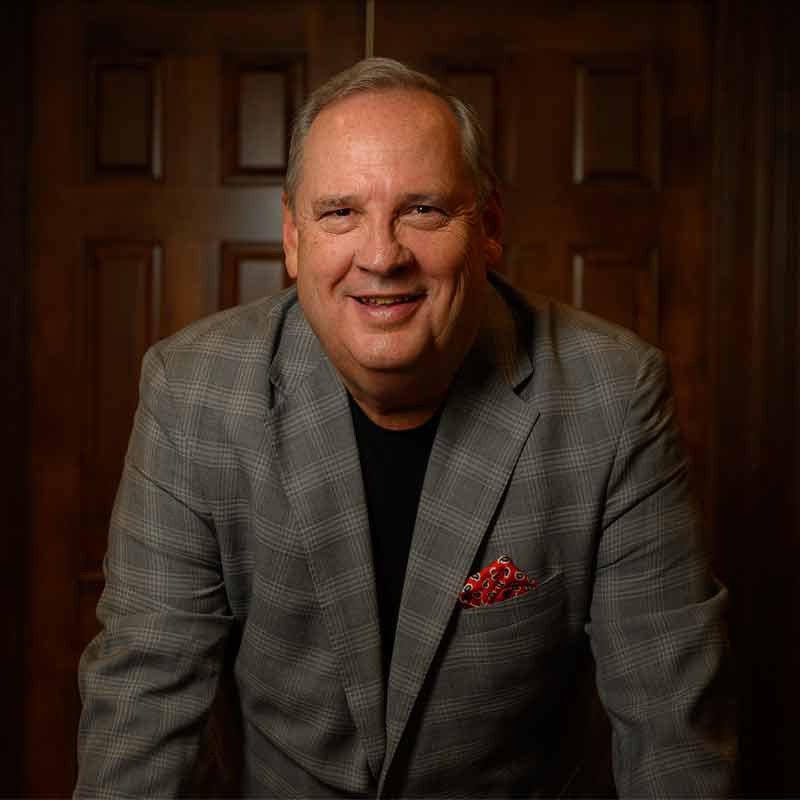Request Check Your Shocks


Writing this blog, I realized how challenging it is to convey this topic to folks who want to embrace radical authenticity. I had to ask myself why that is.
For one thing, authenticity is difficult to define. I like to think of it as being genuine, sincere, and true to yourself. It’s characterized by aligning your actions, beliefs, and expressions with your inner values and identity without pretense or artificiality.
However, that differs from radical authenticity, which might best be described as an unwavering commitment to fearlessly and unapologetically expressing your true self, even if it challenges societal norms or expectations. Radical authenticity embraces your uniqueness and individuality without reservation. It’s like authenticity, but it goes even further.
Making my job even more difficult is the fact that authenticity is not like patience, perseverance, or anything else quite so relatable. It is entirely unique to the individual, making it pretty hard to nail down. It also evolves for each person, so it’s a bit like hitting a moving target.
Fortunately, there are some common themes that run throughout the concept of radical authenticity that can be outlined with clarity. Thank goodness for that!
In this blog, I’m going to examine how you can identify aspects within yourself, your life, and your leadership style that will help you embrace radical authenticity in your everyday leadership—not to mention why it’s important!
Let’s take a look.
“To know thyself is the beginning of wisdom.” – Socrates
People ask me all the time what the recipe is for real, radically authentic leadership. While I can identify certain traits or characteristics that help foster real leadership, I believe there is no exact recipe.
If you look at the greats, people who have truly impacted the world, you’ll notice a wide cast of characters. From Sir Winston Churchill, known for his dogged determination and ability to persevere under even the most dire of circumstances, to someone like CEO of Microsoft, Satya Nadella, known for his empathy, relatability, and authenticity, they span the spectrum.
One was historically rigid, often described as being without compassion or kindness (in his own way), while the other has proven himself to be genuinely concerned with people’s experience, encouraging them to show up in the world just as they are, warts and all. Yet, despite being at opposite extremes, they both embody exceptional leadership qualities and abilities.
Just because you have a tendency to get discouraged and want to throw in the towel or you aren’t wildly empathetic doesn’t mean you aren’t a great leader in other ways—possibly many other ways!
You need to know yourself—your strengths and your weaknesses. Then, find appropriate, advantageous ways to put those strengths into action, and be honest about your shortcomings so that you can figure out how best to ensure your business is firing on all cylinders.
Remember, a leader doesn’t know how to do everything, but they do know how to get it all done.
You don’t have to be everything to everyone, but it is useful to know what the best version of yourself looks like. When you are the best version of yourself, you can recognize that in others, too, which is a big help when you lead a team.
Take my Leadership Superpower Quiz to learn more about where you shine. It will give you an idea of where your talents lie. Then, you can confidently move forward knowing what you can build on.
“Live as if you were to die tomorrow. Learn as if you were to live forever.” – Mahatma Gandhi
Maybe twenty years ago, someone told me, “You don’t know what you don’t know.” I had to think about this, and then I thought about it some more. When I finally grasped the depths of its truth from all sides, I wondered how this applied to my life.
I started to notice myself uncovering whole new layers of learning. I would go into a situation thinking I knew just about everything there was to know; then one little comment from someone would give me pause and make me wonder what more I could learn.
Sure enough, as soon as I approached the same ‘ol topic from different angles, there was a world of valuable information and perspectives that I had yet to acquire. I just didn’t know what I didn’t know.
Authentic leaders recognize leadership as an ongoing journey of growth and development. You have to commit to expanding your knowledge, skills, and perspectives through continuous learning. You can’t do that if you feel like you already know everything.
If you want to develop radical authenticity in your leadership, you must acknowledge that there’s always more to discover and learn from others.
Humility is a cornerstone of radically authentic leadership because it involves recognizing your limitations, acknowledging mistakes, and valuing the contributions of others.
Authentic leaders are not driven by ego or a desire for power and recognition; instead, they prioritize the collective success of their team and organization. A humble leader actively listens, seeks feedback, and shows empathy and respect to others, which leads to an inclusive and supportive work environment.
By practicing humility and an openness to learning from your team, you build trust, inspire loyalty, and cultivate genuine relationships based on mutual respect and collaboration. Your employees and those you need to influence are much more likely to buy what you are selling if they believe you’re all in it together.
If you choose to lead by example, which I believe every real leader should, you’ll see how fostering a community of collaborators helps everyone embrace being in a continuous state of learning.
“To be yourself in a world that is constantly trying to make you something else is the greatest accomplishment.” – Ralph Waldo Emerson
We are all human becomings. You might have heard me say that before. I truly believe it. Every one of us is who we are today because of what we’ve been through—our successes and failures, the choices we’ve made, and the obstacles we have overcome.
Along the road to becoming who we are today, hopefully, we’ve learned a little bit about what has worked and what hasn’t. Ideally, we will also have developed an understanding of our morals and values and a good relationship with them.
Radically authentic leadership demands that we are true to ourselves, following the pull of what we know is right and true, even when the stakes are high.
Whenever I get lost in a decision or am confused about how to lead in any situation, I look back at where I came from. I think about my experiences (what’s worked and sometimes what hasn’t), and I make choices based on how I felt and what I learned along the way. That’s how I stay true to myself when it comes to authentic leadership.
Some people may look down on me, thinking I’m just a boy from a dirt road in Covington, Georgia, but I’ll tell you what: I learned enough on that dirt road to last me a lifetime when it comes to how I want to show up as a person and as a radically authentic leader.
Now, I know I said I don’t believe there is an exact recipe for authentic leadership, but if I had to sum it up in a few points that are easy to remember, these are my top three:
Know thyself: Prioritize self-reflection and introspection to understand your values, strengths, and areas for growth. By knowing yourself deeply, you can lead with authenticity and integrity, aligning your actions with your core beliefs and principles.
Commit to lifelong learning: Embrace continuous learning and personal growth, seeking opportunities to expand your knowledge, skills, and perspectives. By staying curious and open-minded, you can adapt to change, innovate, and inspire others to pursue excellence in their own development journeys. And isn’t that what leadership is all about?
Remember where you come from: Draw on your knowledge from your experiences, recognize and learn from your mistakes, and remember what’s ultimately important to you based on who you are and what you’ve learned. This kind of reflection will inform all of your future actions and decisions in a radically authentic way.
That’s it. If you stay humble, self-reflective and honest with yourself, and you remain open-minded to all you have yet to learn, you’ll adopt a position of radical authenticity along your leadership journey.
To further your understanding of what it takes to embrace these principles in your everyday leadership, explore my free course, Mission Leadership. It provides guidance, explores leadership topics, poses important questions to help you self-reflect, and offers answers to some of the challenges you might encounter along your leadership journey.
I’ll see you at the top!

If you’re human, you’ve been afraid. Heck, you’ve probably even experienced the fear of something irrational, like the boogeyman or a monster under the bed. Those things aren’t real, but we experience them as though they are. I’m willing to bet that if you’re reading...

I’ve been talking about fear for more than twenty-five years—on stages, in boardrooms, and across kitchen tables with people who were searching for a way forward. The phrase “turn your fear into fuel” has been in my vocabulary for decades. But for one reason or...

No matter how prepared you think you are, the unknown will always find a way to slip into the equation. It’s inevitable. The true mark of a leader isn’t the ability to avoid uncertainty and fear—it’s the ability to confront it, adapt to it, and use it as a springboard...

A Monumental Day to Celebrate Today marks the 15th anniversary of Primerica’s IPO—a day that will forever be etched in my memory. April 1, 2010, was not just a milestone for the company but a testament to resilience, perseverance, and the power of pushing through...

“The scarcest resource in the world is not oil, it’s leadership.”
As Co-CEO of the largest independent financal services company in North America, John Addison’s skill as a leader was tested and honed daily. He retired in 2015 after taking the company and it’s people to massive heights. He’s just not done helping people get to the top. Today, he’s at the helm of Addison Leadership Group, INC working daily to mentor and educate new leaders.

0 Comments